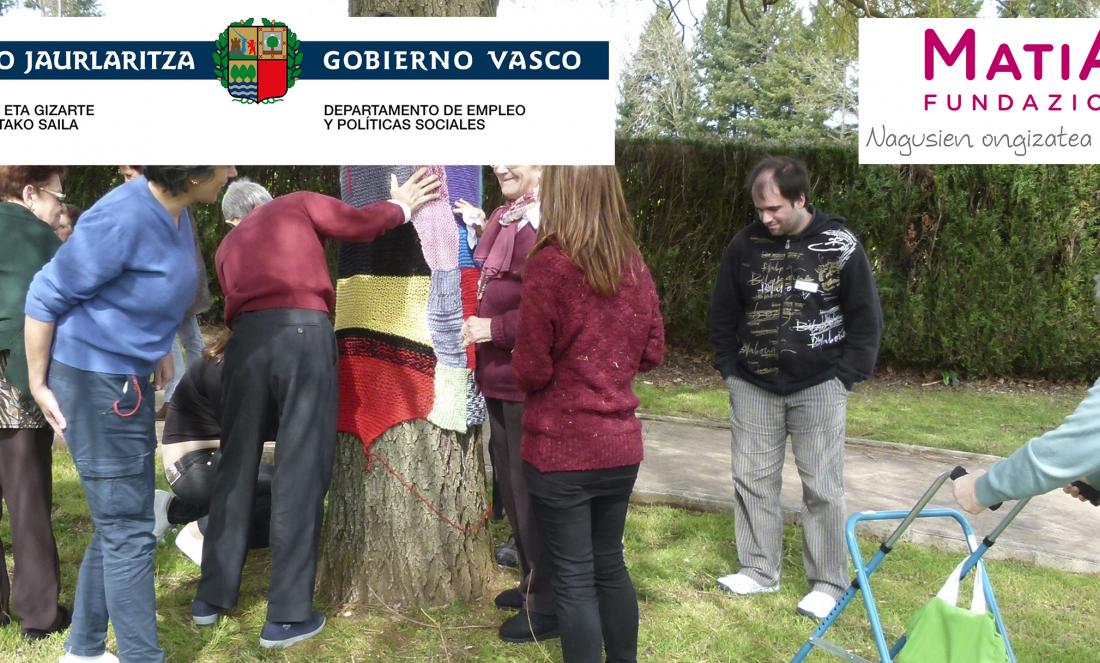
Notebooks: model of person-centred care
The need to make progress in introducing changes in the model of care for people who need support, especially the elderly, has been repeatedly highlighted both by the people affected, the general public, and in scientific and professional fields.
Thus, for more than two decades, countries in Northern Europe, the USA, Australia, Canada and others have been working on the search for and experimentation with new itineraries of care, based on aspects such as the integrated provision of social and health services, keeping people in their usual environment, offering alternatives to the home that guarantee the motto "living like at home", designing environments and settings that are facilitating and friendly to people who need support, a care model centred on the person and their preferences, and promoting personal autonomy, enhancing their preferences and their ability to choose, continuity with their past environments and preserving their dignity and privacy.
At a state level, this debate has been in its infancy for more than a decade, without having made significant progress in both its conceptualisation and its implementation. Something similar occurs in the ACBC, in spite of the fact that the development of its system of care for the elderly and with functional diversity is more advanced than in the rest of Spain.
Thus, in different professional, associative and also political decision-making spheres, reflection on how to tackle a path of change based on the coherence and sustainability of our current system is gaining more and more strength. In 2011, the ACBC has begun this innovative process, from the certainty that it is facing a complex challenge, a change in the culture of care for people who need support, especially in the institutional system.
The practical notebooks presented here aim to share and present some of the good practices, experiences and research which is being carried out in the Basque Country, Spain and Europe in order to make progress in social and socio-health innovation. Respect for people's rights, comprehensive care, environments and settings, the incorporation of therapeutic activities into daily life, and other aspects will be analysed in this initiative.
These booklets are aimed at managers and public officials related to the field of aging, dependency situations and disability; the associative sector related to these sectors of intervention, with special attention to the elderly; professionals in the fields of gerontological intervention and functional diversity; professionals in related sectors; and society in general.

Add new comment